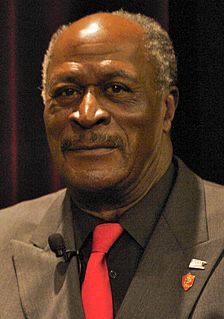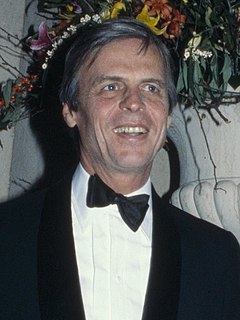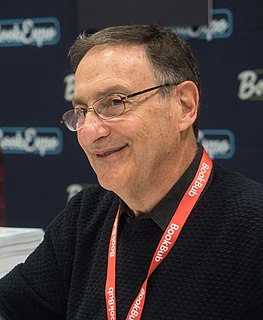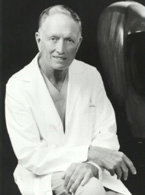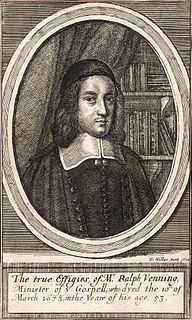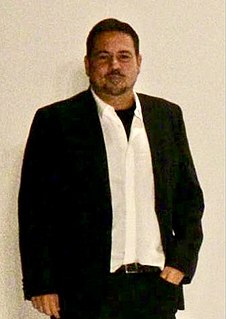A Quote by John Amos
To teach means scarcely anything more than to show how things differ from one another in their different purposes, forms, and origins. ... Therefore, he who differentiates well teaches well.
Related Quotes
I think parenting well is not so different than trying to consider how to be successful at any relationship. Like, how do you partner well? How do you collaborate well? How do we have this conversation well? You know, you're always trying to figure out what "well" means, so I think parenting is another version of that.
I love teaching I think more than anything. It's the opportunity to just teach young people and teach the game. You teach more than basketball. You teach life skills. The teaching part of it is something that I am passionate about. I look forward to every practice. A lot of people say well, I enjoy coaching, but I see myself as more as a teacher.
It is not nearly so important how well a message is received as how well it is sent. You cannot take responsibility for how well another accepts your truth; you can only ensure how well it is communicated. And by how well, I don't mean merely how clearly; I mean how lovingly, how compassionately, how sensitively, how courageously, and how completely.
I think the most remarkable thing about ice, in my opinion at least, is that it occurs in many, many, many different forms. Most solids occur in typically one or maybe two or three different forms, and ice has approximately 15 different crystal forms, as well as two forms that are called amorphous, which means without any shape at all.
I've always thought that my exposure to competitive sports helped me a great deal in the operating room. It teaches you endurance, and it teaches you how to cope with defeat, and with complications of all sort. I think I'm a well-coordinated person, more than average, and I think that came through my interest in sports, and athletics... Playing basketball you have to make decisions promptly, and that's true in the operating room as well.
I've been making a list of the things they don't teach you at school. They don't teach you how to love somebody. They don't teach you how to be famous. They don't teach you how to be rich or how to be poor. They don't teach you how to walk away from someone you don't love any longer. They don't teach you how to know what's going on in someone else's mind. They don't teach you what to say to someone who's dying. They don't teach you anything worth knowing.
Nature is a good teacher; he who can read the nature well, he can learn sagacious things belong to life from it. Once you stepped in the nature, your philosophical education starts. A black vulture teaches you many things; a bear teaches you many things; a bird making its nest and a rosehip which resists being frozen, they teach you many things!
The Hebrews have a saying that God is more delighted in adverbs than in nouns; it is not so much the matter that is done, but the matter how it is done, that God minds. Not how much, but how well! It is the well-doing that meets with a well-done. Let us therefore serve God, not nominally or verbally, but adverbially.
Neither is there figurative and non-figurative art. All things appear to us in the shape of forms. Even in metaphysics ideas are expressed by forms. Well then, think how absurd it would be to think of painting without the imagery of forms. A figure, an object, a circle, are forms; they affect us more or less intensely.
I almost always write everything the way it comes out, except I tend much more to take things out rather than put things in. It's out of a desire to really show what's going on at all times, how things smell and look, as well as from the knowledge that I don't want to push things too quickly through to climax; if I do, it won't mean anything. Everything has to be earned, and it takes a lot of work to earn.
The thing about Parsons compared to the other schools is that it really teaches you how to be a designer, whereas some of the other schools teach you to sketch or teach you the technical skills. But the curriculum at Parsons when I was there was how do you put a collection together, as well as all the technical stuff. It's the best training.
Remember always that there not so very much difference between various people as we seem to imagine. Maps and atlases show us countries in different colors. Undoubtedly people do differ from one another, but they resemble each other also a great deal, and it is well to keep this in mind and not misled by colors on the map or by national boundaries.
